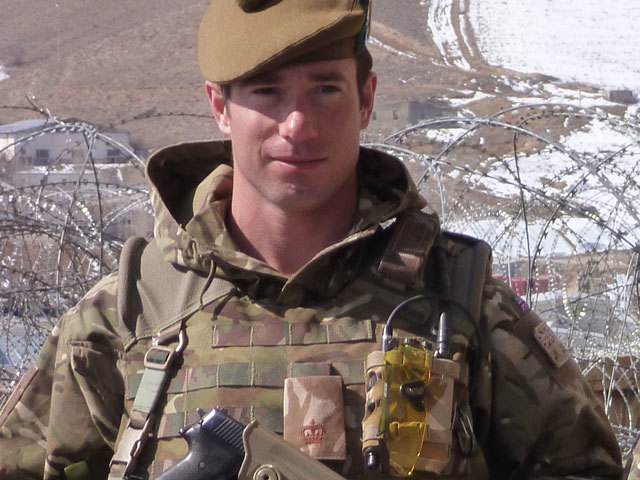
A pioneering initiative aimed at smoothing the way for former military personnel looking to transfer their skills into the energy industry has attracted the attention of UK business secretary Vince Cable.
Indeed Mr Cable has written to Magnus Jeffrey, a project engineer at Senergy Development Solutions (SDS), to offer his support after reading about The Network Aberdeen.
Mr Jeffrey founded the group to help armed forces personnel with the information and contacts needed to help get their foot in the door and learn how to adapt their existing knowledge to an industry crying out for skilled staff.
Mr Cable, who is chair of the Oil & Gas Industry Council, said: “I wish Magnus every success with The Network Aberdeen. It’s a great idea.
“As part of the UK Oil and Gas Industrial Strategy, we are establishing a national programme to retrain ex-military personnel so they can work in the oil and gas industry. With the sector expected to grow by 15,000, Magnus’ idea will help fill vacancies across a range of disciplines in the industry and its important supply chain.”
Mr Jeffrey joined the Senergy subsidiary SDS after meeting some of the company’s representatives at the 2011 Offshore Europe show.
He set up The Network Aberdeen in November 2011 because he realised that there may be many more people without the contacts to help them take their first steps.
Now his creation is trying to secure charitable status and has already been successful in helping more than 12 people into work – more than one person per meeting thus far.
Mr Jeffrey said of the business secretary’s interest: “To receive support from the highest level of government is hugely encouraging and reinforces how important it is to provide this type of facility to service leavers.
“We have had a great deal of interest from former military staff who would like to move into the industry and it is in everyone’s interests if we can find positions which suit the skills they already possess.”
Recent announcements by the UK Government have meant 26,000 troops over 250 career fields are eligible for redundancy. In comparison, it is estimated that an extra 15,000 staff will be required in the sector over the next four to five years.
Recommended for you
